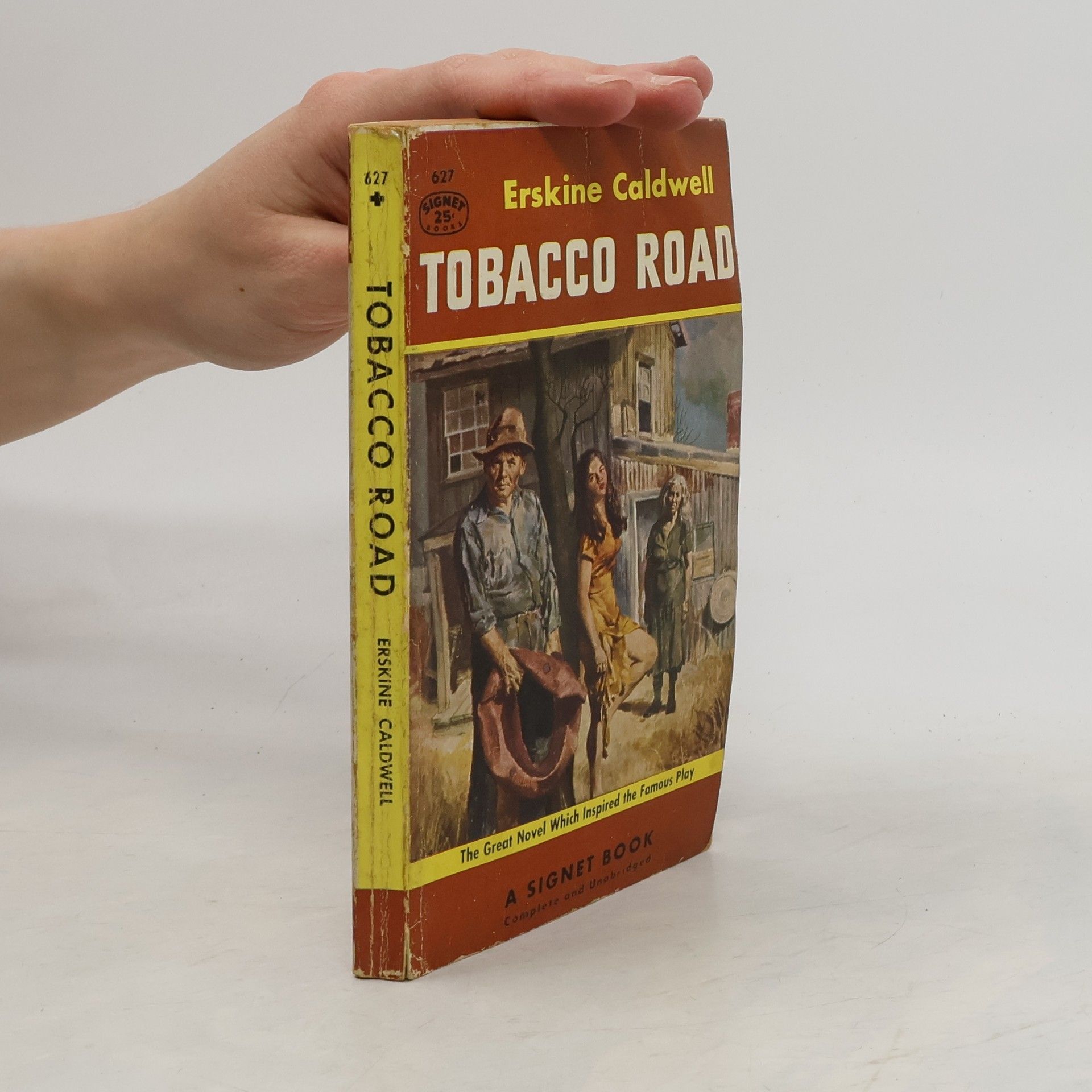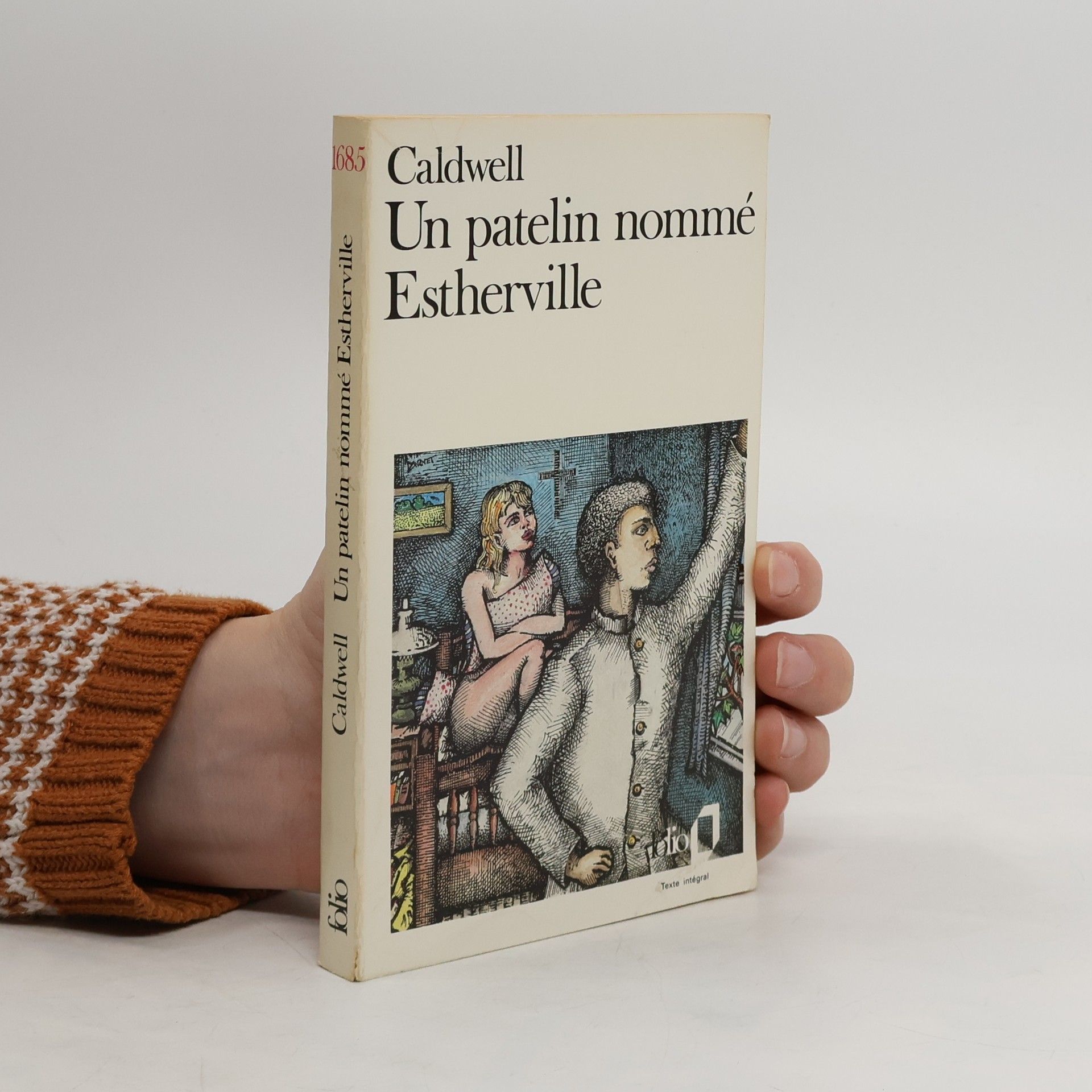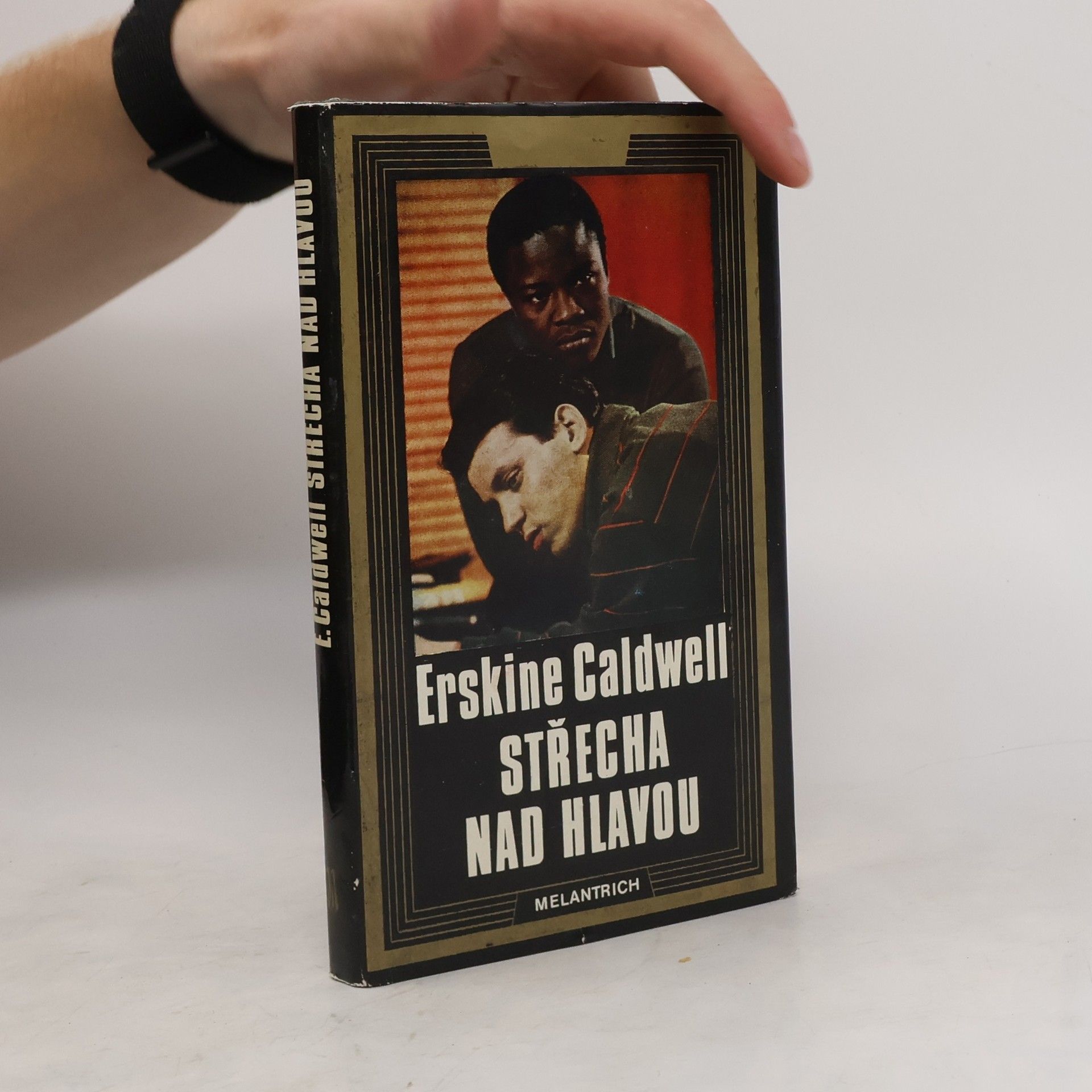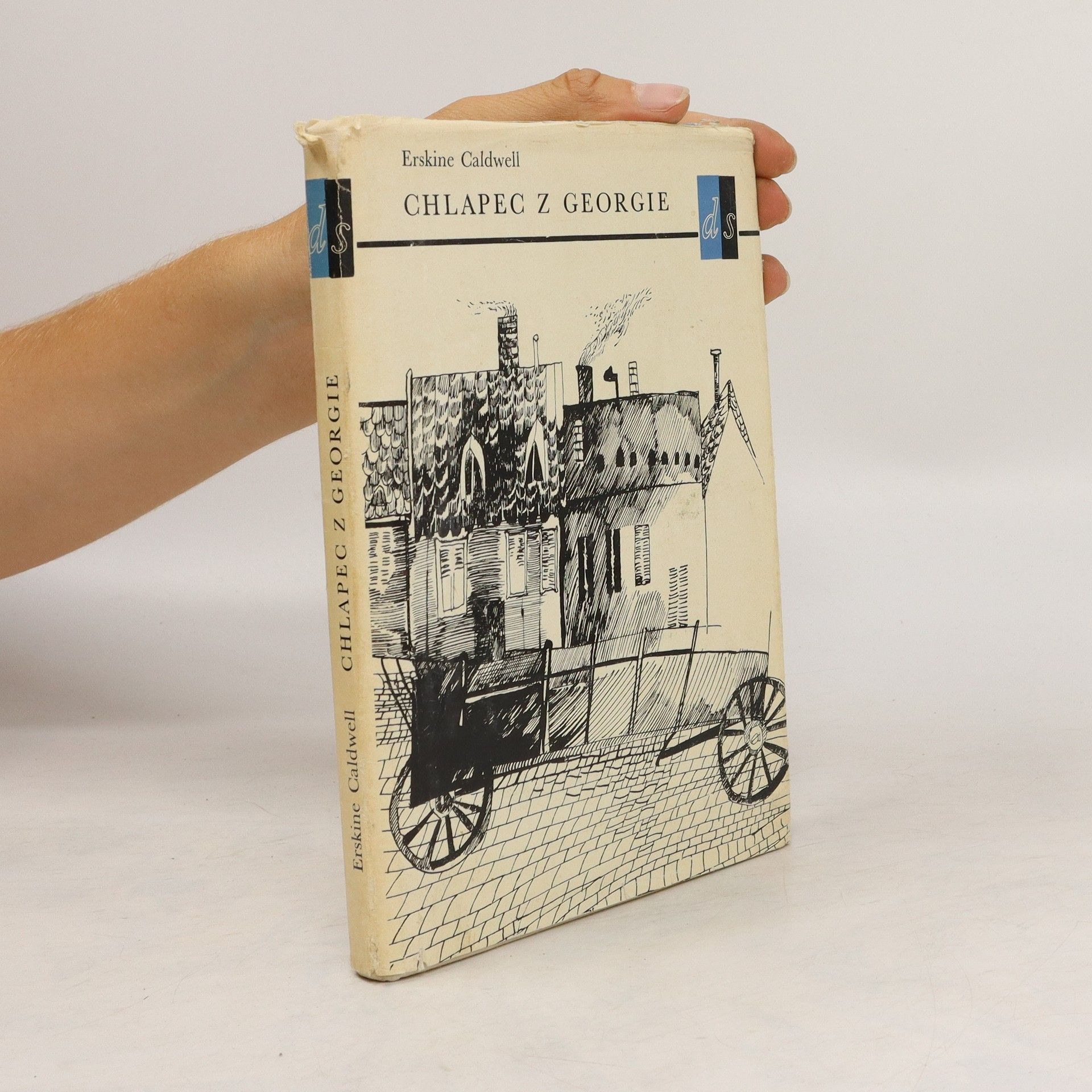Erskine Caldwell Book order (chronological)
Erskine Caldwell was an American author whose writings focused on poverty, racism, and social problems in his native South. His unflinching depictions of life in the region earned him critical acclaim, though his work also proved controversial among fellow Southerners who felt he was holding the region up to ridicule. Caldwell's style is characterized by its raw honesty and ability to expose the underlying tensions within American society. His writing remains relevant for its examination of enduring social challenges.







BestSellers Planeta - 52: El camino del tabaco
- 189 pages
- 7 hours of reading
Un patelin nommé Estherville - Texte intégral
- 213 pages
- 8 hours of reading
With a true American voice, Caldwell presents a searing view of the tragic struggles of a black brother and sister in their attempt to survive the racism and perverse sexuality of their brutal Southern employers.
Biblioteca Grandes Éxitos - 97: El camino del tabaco
- 189 pages
- 7 hours of reading
En los campos de Augusta, Georgia, el algodón ha dejado de cultivarse y los campesinos se han trasladado a la ciudad para trabajar en las hilanderías. Jeeter Lester, un blanco pobre y heredero arruinado de una extensa propiedad, se aferra a sus tierras, esperando que la llegada de la primavera le permita comprar semillas de algodón con un pequeño préstamo. Su mujer, Ada, enfrenta el hambre mascando tabaco, mientras que la abuela, ignorada, busca raíces y leña. Solo dos de sus diecisiete hijos, Ellie May y Dude, aún viven con ellos. Ellie May, con un labio leporino, ahuyenta a los hombres, y Dude es corto de entendimiento. La decadencia económica se entrelaza con la vileza moral, reflejada en actitudes mezquinas y racistas. Los paisanos de Caldwell, al igual que Faulkner, consideraron al autor un traidor por retratar a los personajes como seres primitivos, lo que llevó a que la obra fuera anatematizada por las bibliotecas locales. El escritor defendió su obra como un rechazo a la idealización de la vida sureña, mostrando la cruda realidad de la pobreza y la desesperación en la que viven los Lesters, quienes, consumidos por sus necesidades básicas, temen descender a un nivel social aún más bajo que el de las familias negras que viven cerca.
Les Cahiers Rouges - 17: Une lampe, le soir
- 245 pages
- 9 hours of reading
Wo die Mädchen anders waren
- 168 pages
- 6 hours of reading
Les Voies du Seigneur
- 216 pages
- 8 hours of reading
Semon Dye, prédicateur ambulant, parcourt la Géorgie " sur l'ordre du Seigneur " pour sauver les gens du péché. Il arrive un jour, au volant de sa vieille guimbarde, à Rocky Comfort, village perdu dans les terres, et descend chez Clay Horey, un paysan qui, comme tous ses voisins, se dessèche d'ennui. Clay pense que le prédicateur ambulant va le distraire. Mais Semon Dye se montre un hôte plutôt encombrant : il exige les faveurs de Sugar, la petite servante métisse, tire au revolver sur le mari de cette dernière, dépouille Clay d'une montre en or, de son auto et de sa femme en le roulant avec des dés pipés, s'enivre, se fait même le souteneur d'une prostituée, Lorene. Et pourtant, cet aventurier cynique n'en croit pas moins à sa mission évangélique.
Román z prostředí amerického Jihu ztvárňuje společenskou problematiku soužití bělochů s černochy a zpodobuje zápas o sociální spravedlnost a lidskou důstojnost.









